Written by Lorrie Reynolds
Categories
Starting Your Dog Training Session with Success
Wondering how to start your dog training session? Here’s a quick tip: Starting a training session with something your dog already knows sets the tone for the session, increases motivation, builds your relationship, and creates a positive association with training. Here are five reasons to start off with a known behavior.
Establishes Focus and Attention from the Start
Starting a dog training session with something your dog already knows helps you get him focused and ready to learn right from the beginning. Having a quick success and getting rewarded for an easy behavior makes it a fun and engaging experience, and discourages your dog from wandering off to do something more interesting.
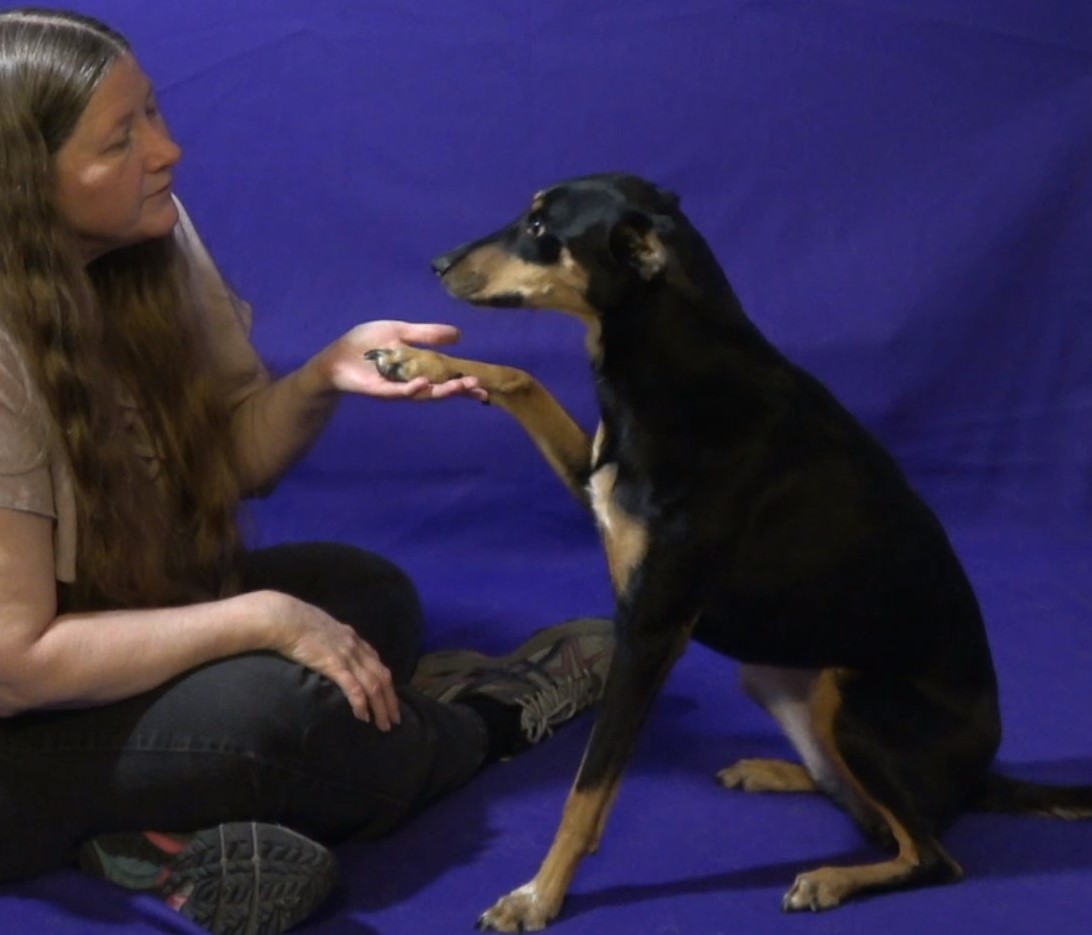
Provides an Opportunity to Practice and Get Reinforced for Previously Learned Behaviors
As dog trainers, we tend to focus on getting to what we need to work on the most as soon as we start a session. We often forget to let the dog practice and reward things we think he already knows. This can result in a degradation of the “easy stuff” or create a preference for more difficult or complex behaviors.
Consider the dog who routinely chooses the contact obstacle over the tunnel in an agility competition. Which one do you think his handler rewarded more heavily and practiced more?
While I recommend not spending a lot of time drilling things your dog has already learned, or focusing a large amount of time on things the dog knows well, it is smart to revisit and reward them periodically, and the beginning of a training session is a great place to do it.
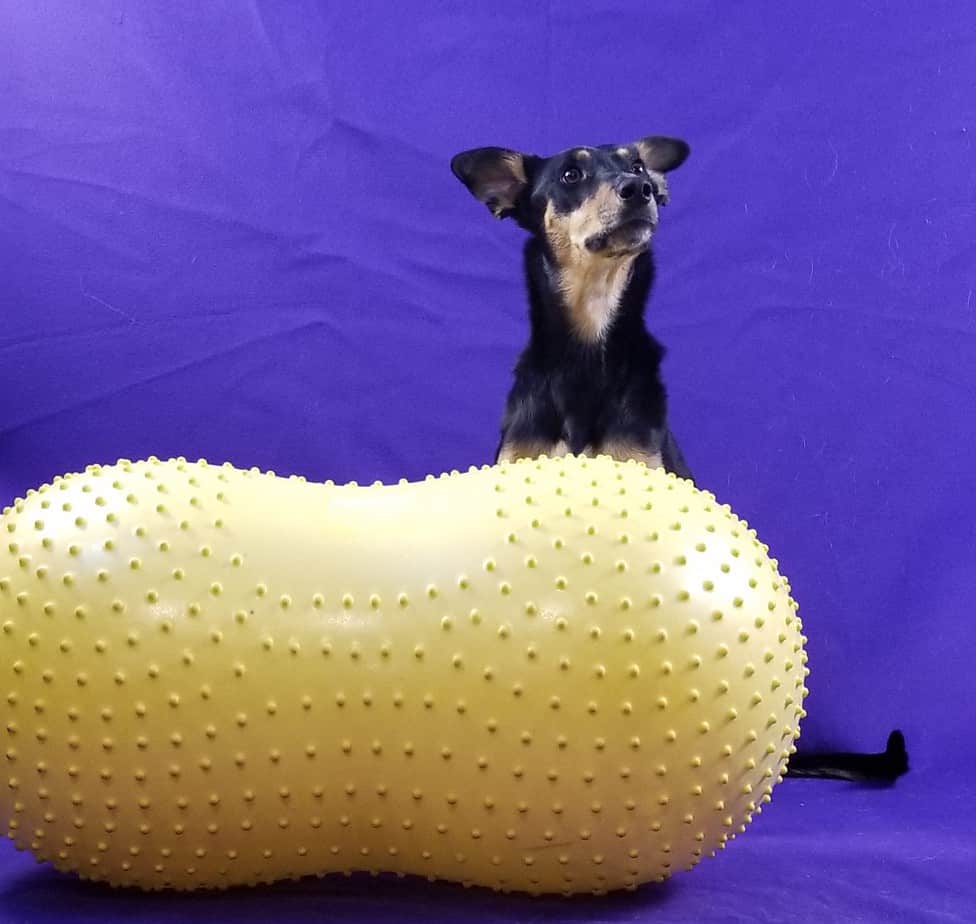
Builds Confidence
Everything you do with your dog should be designed to increase his confidence. Starting with something easy like “sit” or “down” lets you reward your dog right at the start.
If your dog loves the more complex tricks (Pixie loves “salute” as her default), you can start with that as well. Whatever you can do to give your dog a quick success at the beginning will start your session off right.
If you are planning to work on complex behaviors that are built on fundamentals, starting with the foundation behavior gives you a head start on the next step. Asking your dog to hop up into a 2-on/2-off position on the contact gives you an easy task to reward and sets the stage for working on contacts with distractions or distance.
Increases Your Dog’s Motivation and Momentum
Reward frequency is important when you are training your dog. Doing a few repetitions of something he already knows gives you a chance to reward frequently at the beginning of your session, motivating your dog to continue. In fact, any time during a session that your dog is struggling with something new, you can ask for an easy behavior and hand out some rewards to maintain his interest.
Having a successful start to a training session can build momentum for the rest of the time you are working with your dog. A small amount of frustration is essential to increasing skill levels, the beginning of a session is the place to build enthusiasm.
Builds Your Relationship
Starting with something your dog already knows creates a positive association with training sessions, strengthening your dog’s desire to work with you. If your session begins with both of you engaged and happy, you can work through more difficult training tasks without breaking your relationship down.
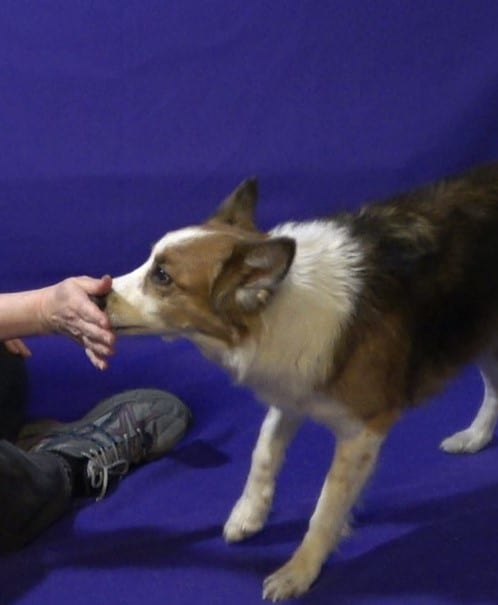
Today’s Tip
Starting a dog training session with a behavior your dog already knows brings a lot of benefits to your time working together. It establishes focus and attention, provides an opportunity to practice and reinforce previously learned behaviors, builds confidence, increases motivation and momentum, and strengthens the relationship between you and your dog.
By starting with an easy task and rewarding frequently, you can set the tone for a successful training session that both you and your dog enjoy. Don’t forget to revisit and reward known behaviors periodically, and take advantage of foundations when you want to build on them to train more complex tasks.
You Might Also Like…
Five Ways to Crush It at Your Next Dog Agility Seminar
Going to a dog agility training seminar? Check out these five tips to maximize your return on investment!
Read This Before Deciding on Your Agility Dog’s Contact Performance
Which contact performance, running or stopped, is right for your team? The answer might surprise you.
Is Your Agility Dog a Pinto or a Ferrari?
If you’ve moved up from a slow or moderately-fast agility dog to a speed racer, here’s some advice to make your life easier.
Get tips, stories, discounts, and early notification of events and new courses delivered straight to your inbox! Join the community!
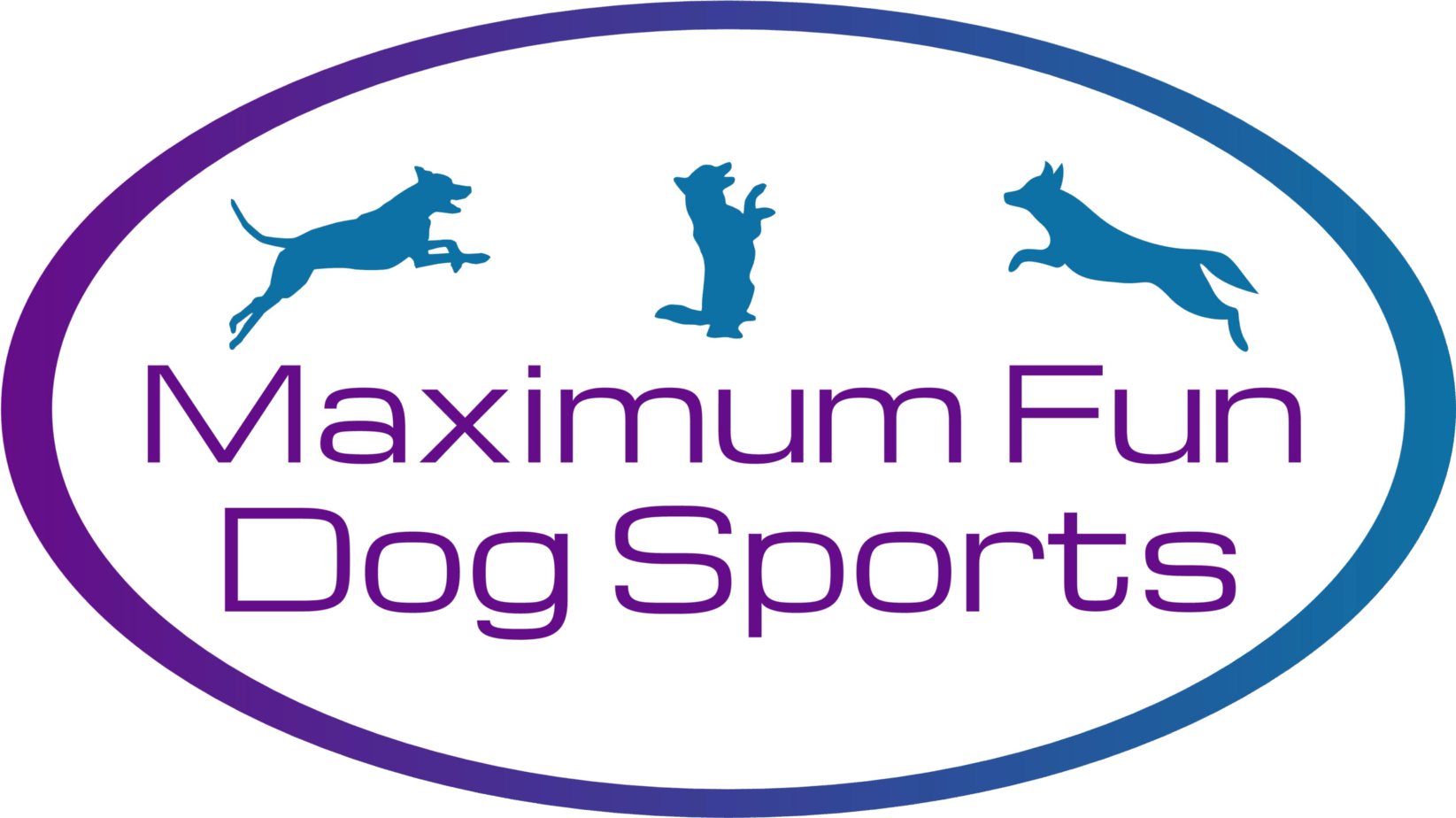
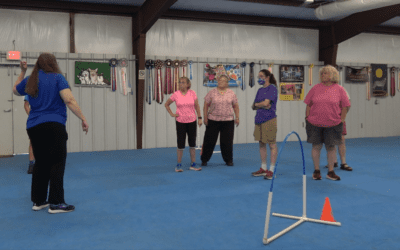
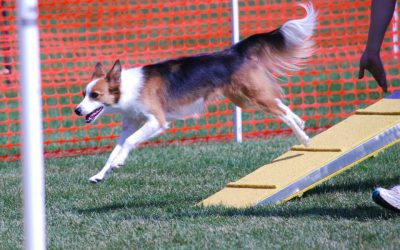
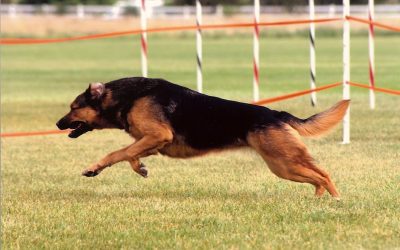
0 Comments